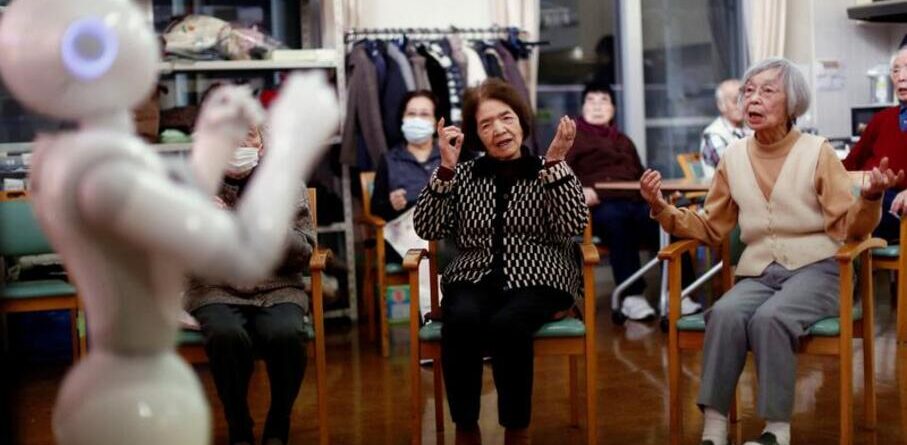How AI and robots are caring for the elderly in Taiwan’s ageing society
The idea that cities today will have a disproportionate number of elderly would have been laughable a mere century ago. As recently as 1950, global mortality rates for children were five times higher than they are now, according to Our World in Data.
Yet, advancements in healthcare and sanitation standards are helping adults live longer than ever before. Taiwan, in particular, is estimated to become a super-aged society by 2025, with one in five being over 65 years old, said Dr Jenny Su Huey-Jen, President of the National Cheng Kung University (NCKU).
To better support the seniors in its population, Taiwan is building a new geriatric hospital. Su shares how this hospital will better provide healthcare services to an ageing population.
AI as a healthcare companion for remote care
The NCKU Geriatric Hospital will not just be restricted to one building. Instead, it hopes to become “a hospital without walls”, says Su. Tech such as AI, robotics, and wearable devices will connect doctors and patients, and engage elderly patients remotely.
For instance, AI helps doctors better communicate with their elderly patients. Most of the elderly in Taiwan speak only Hokkien, Su points out.
Taiwan developed an AI programme that automatically translates Mandarin to Hokkien, and vice versa, to assist doctor-patient communication, she highlights. In time, they are looking to extend this programme to cater for other languages commonly spoken in Taiwan, like Hakka and Bahasa Indonesia.
Read more @Gov Insider
561 views










